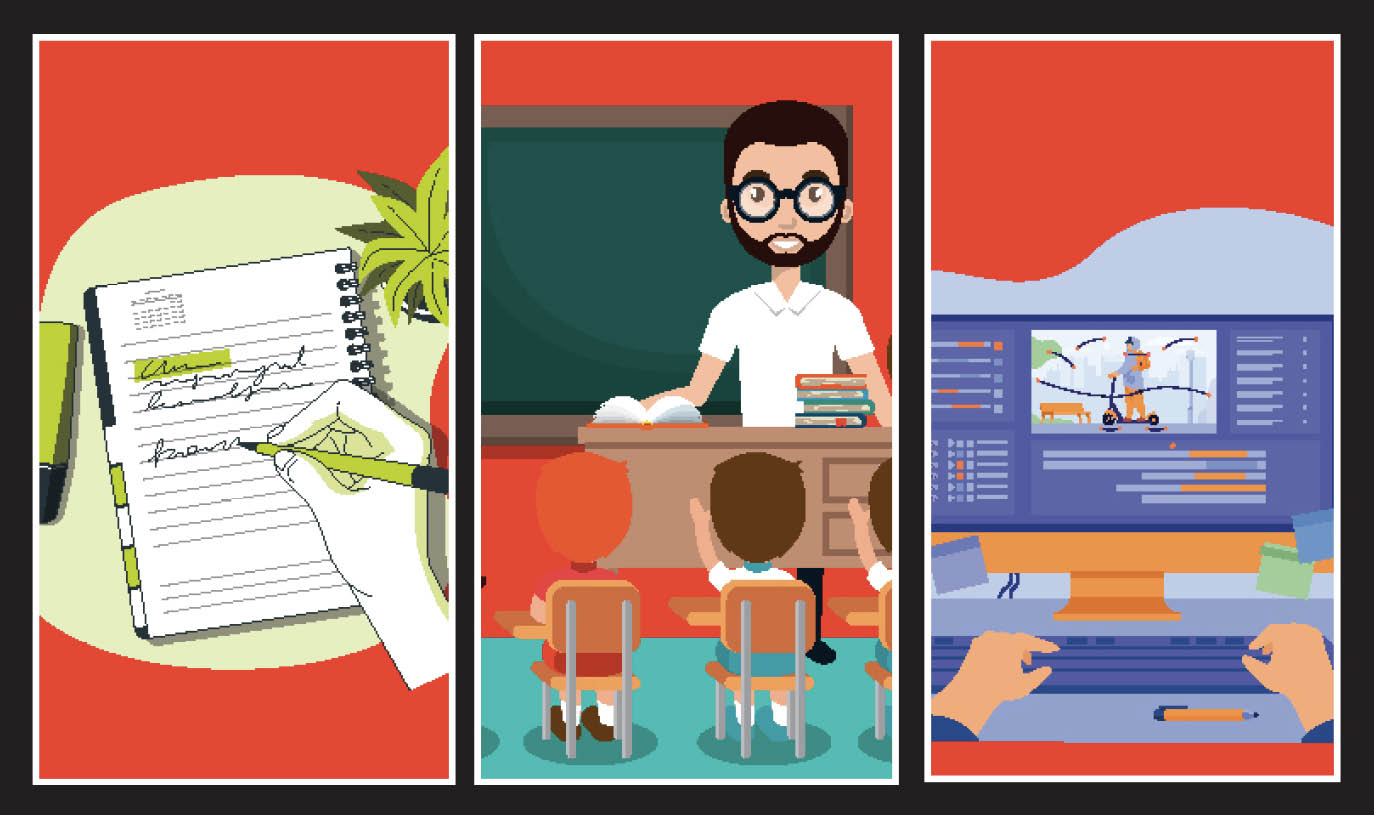Here are the three skills that quickly turned me into a man – making me independent. I finished my first book in my teenage years. It was nothing groundbreaking. But it meant that I could learn how to write. That was the first skill. To boot, the enthusiastic responses and encouraging words of adults indicated that I could safely explore writing further.
Then immediately after secondary school, I started teaching at one of the schools I received my primary education. I attended two primary schools simultaneously: one in the morning and the Islamiyah in the afternoon. That was skill number two.
- Terrorism financing: Court returns case of 45 suspects to chief judge
- Why JUSUN must rise up on autonomy for judiciary now
Also, around the age of 20, my friend elected himself to be my mentor and taught me how to type using a typewriter. He, more or less, handed me his typewriter and asked me to “practice.”
At about the same time, I was introduced to the computer and the Internet and Microsoft Office applications – through the same friend. This came naturally to me because I had already mastered the keyboard. Being able to type was a huge deal then. I remember George Bush Snr’s VP, Dan Quayle. The 44th vice president of America wasn’t known for his smarts. He was added to the ticket so that his good looks could fetch votes from women. Therefore, many Americans taunted his looks. They said, “he is beautiful but can he type?” Here, the ability to type was equated with competence.
Accordingly, people were surprised when they saw me typing rapidly without looking at the keyboard. To them, it was magic. That taught me a major life lesson: when you see someone exhibiting expert-level performance, they must have spent hours honing the skill. But people don’t see the sweat. They certainly didn’t see the hours I spent on the typewriter. So prepare.
This same plucky mentor enrolled me in a computer school – he is only one or two years older than me! But I can not remember learning anything significant from that school because up until today, I don’t know Corel Draw and Pagemaker – some of the packages taught at the school. It may not be their fault because I recall thinking that Corel Draw was stupid – even though everyone used it at that time. But going there opened my eyes to what is possible.
Yet, I quickly became the go-to guy if anyone had software problems and needed troubleshooting and other services. It was completely self-taught. This also taught me another life rule: there is nothing you can’t learn if you have sufficient interest and ask enough questions.
That was skill number three.
So at the age of 21, I had the three skills I needed to survive: writing, teaching and computing. Of these three, one of them was due to a friend’s nudging and the other two were on account of my own interest. Any one of these could fetch me a lot. I could pick teaching and explore it further. Today, teaching is not only done in the classroom. Companies are looking for people to help them make explainer videos to put on YouTube. A teacher can do that. Indeed, Jason Fried and David Hansson in their book “Rework” advised businesses not to outsell their competitors but to out-teach them.
But things were still tough for me then. Until one day, I marched to the office of a publisher and requested to write for his magazine – popular among business people. He said “No. Our columnists are specially selected and blah blah blah.”
“Sir, before you take any decision, could you read the three samples I came with?”
As he read, his countenance changed. “Can you write regularly like this?” He asked. That was my first paying gig as a writer. I was 22. By 23, I was a columnist for a national newspaper. Moreover, I was making up to $60 a day writing for clients around the world.
So if I were a teenager again which three skills would I learn? Writing, teaching and computing. This means that even though I didn’t plan to prioritise these skills when I was much younger, I would learn the same skills again. Why? Because they are foundational and keystone skills upon which to explore and develop other abilities. How? I will tell you in the next article.
PS: Did you observe that I didn’t mention any degree? Degrees are worthless if you don’t have any saleable skills. But degrees are also important. I’ve about six degrees myself. Among other things, they give you confidence, discipline and the ability to stay on task. So don’t listen to those who pooh-pooh them.

 Join Daily Trust WhatsApp Community For Quick Access To News and Happenings Around You.
Join Daily Trust WhatsApp Community For Quick Access To News and Happenings Around You.


